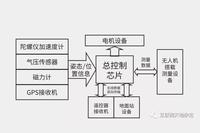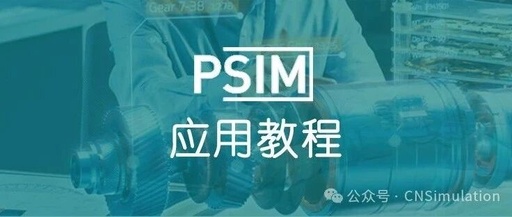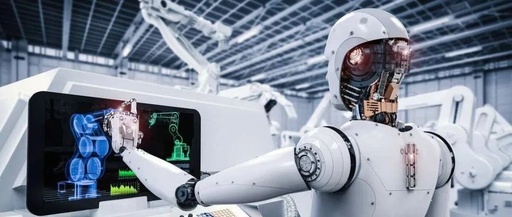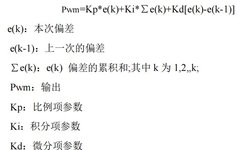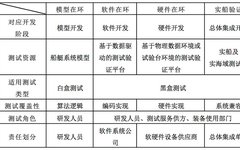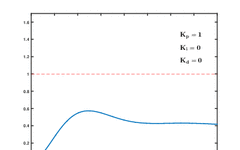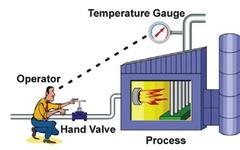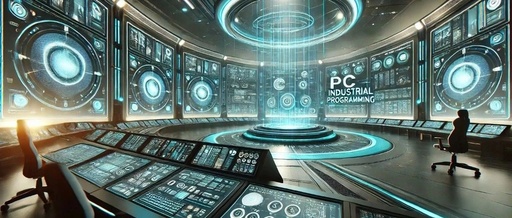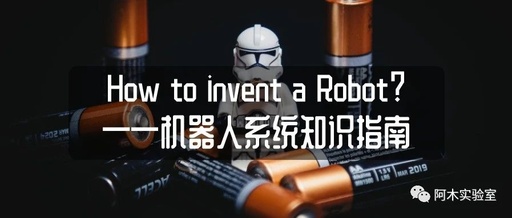Development of Multirotor Drones and Their Applications in the Communication Field
As our country enters a period of comprehensive development, the technological strength is increasingly enhanced, and the development of multirotor drone technology is particularly rapid, widely applied in military and civilian fields, with related research tending towards maturity. Drones, due to their compact size, flexible control, quick response, and various payload options, can be quickly … Read more
